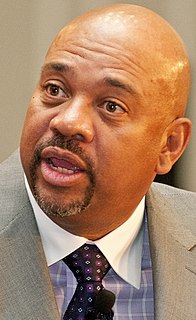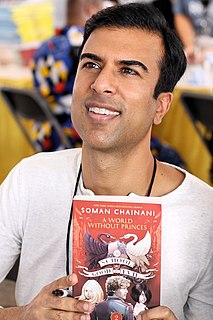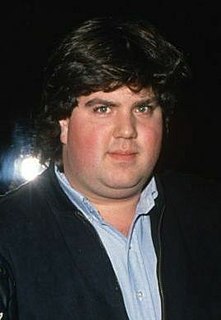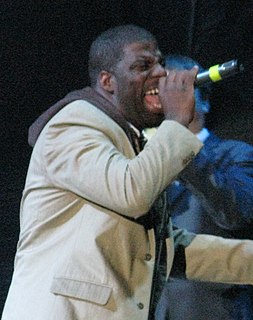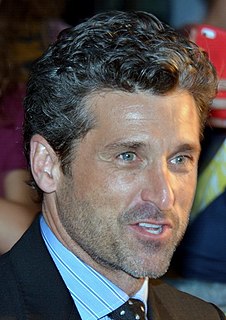A Quote by Alan Gratz
I think kids are incredibly savvy readers. I think we should give them all the credit in the world. They want to know the truth.
Related Quotes
Chats are so new to newspapers, historically. But they're so incredibly valuable because editors/reporters/columnists get to find out what's on the minds of our readers, what you think we should be writing about, what ticks you off, what makes you happy. Sometimes it can confirm what you think readers are interested in; sometimes it can turn you around 180 degrees.
Obviously, it's designed by record company executives who want a cheap success, and they don't want to give money to anybody and they don't want to give contracts, so they've created this world of very bubbly teenagers who want to be "idols" and they think all they have to do is mime quite well and they've made it. ... But it's not the problem of the kids, it's the problem of the record companies, because it's just an inexpensive way for them to have so-called, I won't say "artists", but erm...You're nodding, you know what I mean.
I never think of my work as writing for a young audience, frankly, because I think it risks talking 'down' to them. The idea is for these books to work just as well as for adults as kids. As for what readers will take away, I just want them to love being in the world and see it as a safe place to explore things that adults are often uncomfortable talking to them about.
With a novel, you have the reader with you a lot longer, and you owe him a lot more. Obviously you have to have a plot - I say "obviously," although I think a lot of fiction doesn't, and nothing seems to happen. But to me, there should be something that happens, and it should be at least vaguely plausible. And because the readers are going to be with these characters for a long time, you have to get to know them and like them and want to know what happens to them.
I think it's interesting that a lot of times people want celebrities to give back in the way that they want them to give back. They want them to give money to the cause they think is important and when that doesn't happen they say, "Oh, they're not doing anything." People think celebrities are going to solve their problems. People think because someone is famous or an athlete or a politician that the solution begins with them. All they're there to do is sell you a product.





